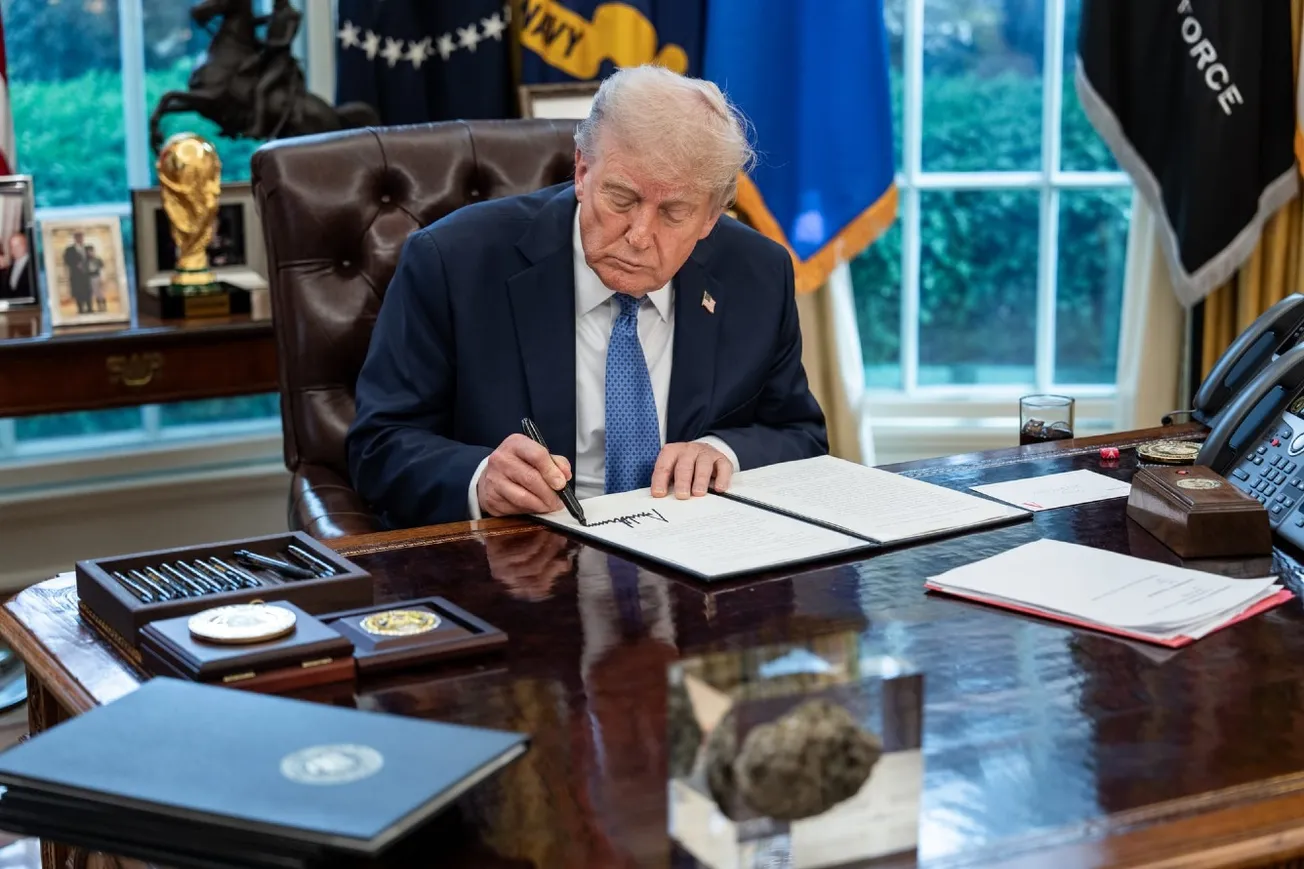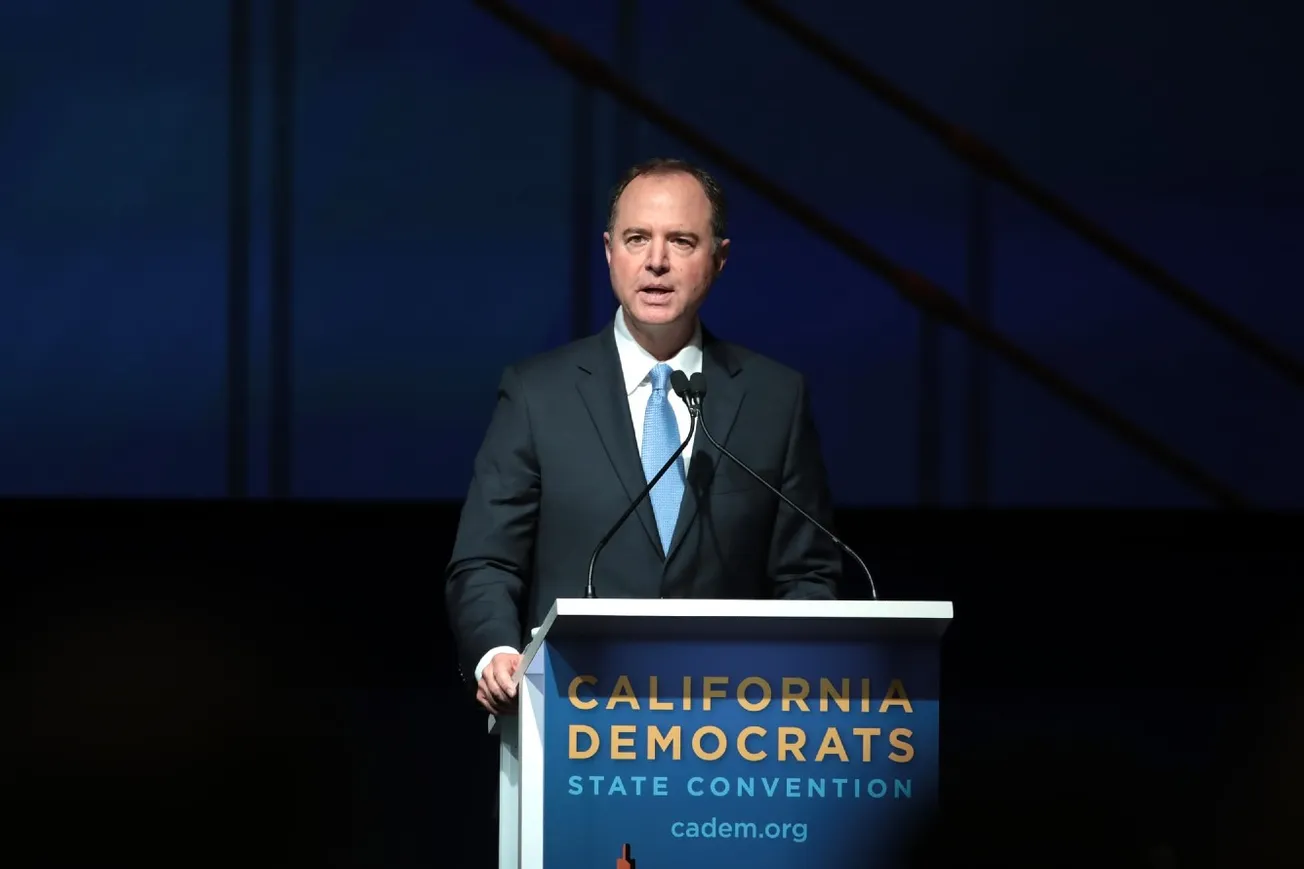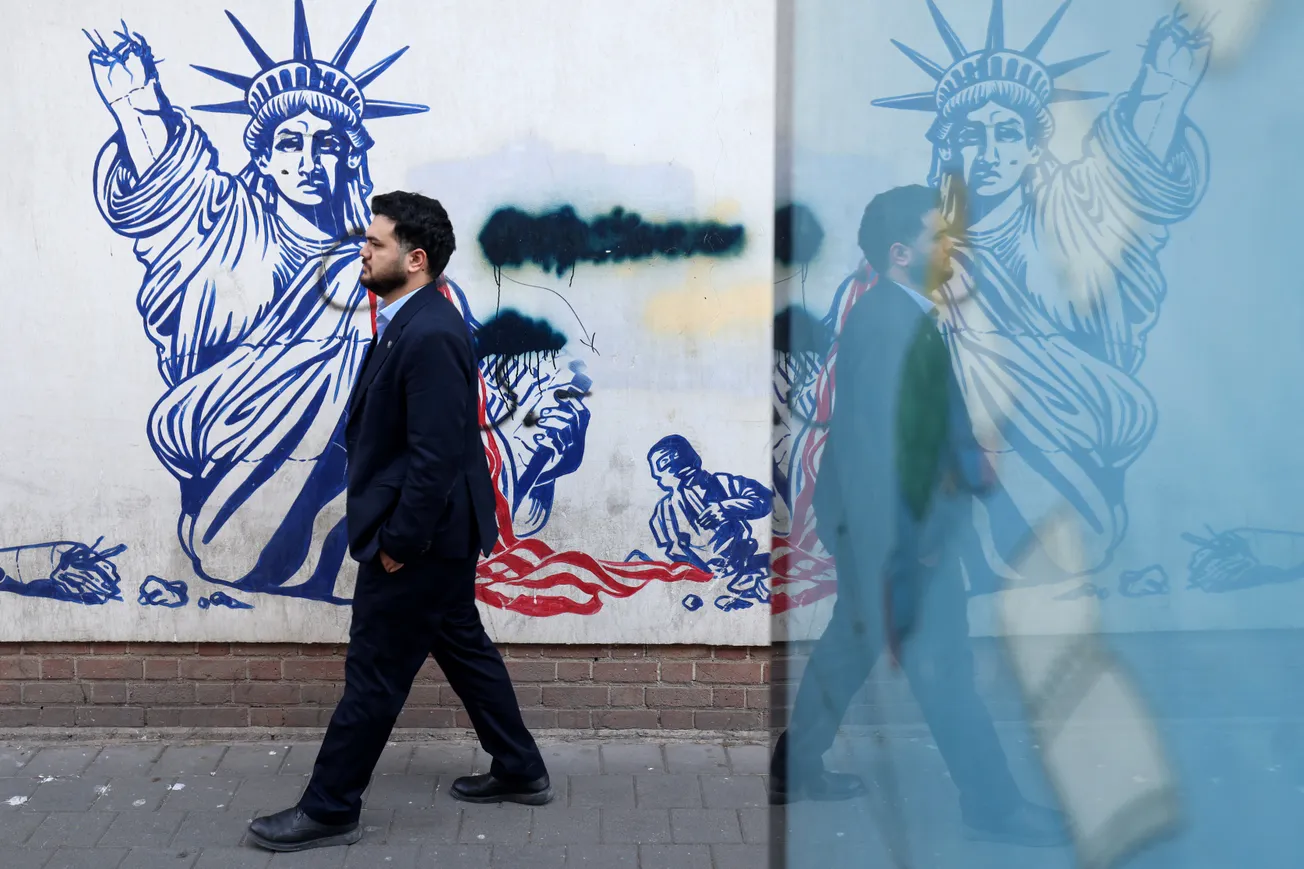By I & I Editorial Board, Issues & Insights | November 11, 2024
Every four years, various “experts” whine about the Electoral College, that seemingly bizarre feature of the Constitution whereby a handful of “electors” from each state get to choose the next president. This year proved why the Electoral College, which so many complain about but very few understand, was an incredible invention of our nation’s founders.
On election night, Chris Hayes, the insufferable MSNBC talking head, was one of the people spewing out the hackneyed complaint, saying “We have this very funky and terrible system called the Electoral College which decides elections in a way that is totally different than every other election in the United States, and the way that anything is decided anywhere else in the world. We should scrap it.”
The left has been trying mightily to undermine the Electoral College for decades. The latest gambit is the National Popular Vote Interstate Compact, in which states that sign on agree to cast their electoral votes based on who won the national popular vote. If states representing 270 electoral votes were to sign the compact, our presidential elections would be decided by the popular vote. So far, they have 209 electoral votes.
Well, what’s wrong with that? Why have a system where someone can lose the popular vote and still be president, as Donald Trump did in 2016 and George W. Bush did in 2000?
Think about it for just a minute. If we didn’t have an Electoral College, we would still be waiting to learn who the next president is.
But wait, you say, Trump won the popular vote this time around, right?
Not so fast. As of this writing, Trump is ahead by 3.7 million votes, but there are still more than 8 million votes to be counted — almost 5 million of which are in deep blue California.
If Harris managed to capture 72% of those remaining votes– a highly unlikely scenario to be sure — she’d have more votes than Trump.
Meanwhile, the opportunity to cheat would be enormous, and it would be far easier to do so. With the Electoral College, if you want to steal an election you have to pick which states you can flip, and concentrate your efforts there. That makes it much harder – but not impossible – to mask widespread cheating.
If the presidency were decided by popular vote, a nationwide voter fraud campaign could easily secure the necessary votes without leaving any obvious signs.
At the same time, every ballot in every state could be challenged, creating a legal nightmare that could make it impossible ever to know who really won an election. Trust in presidential elections, already at a nadir, would crumble.
But the real genius behind the Electoral College, the one that bozos like Chris Hayes can’t understand, is that it serves as a bulwark against the tyranny of the majority.
If presidents were elected by popular vote, candidates could win office simply by appealing to people living in one region of the country, or just going after urbanites. Imagine a county where denizens of Los Angeles, San Fransisco, New York, Chicago, and other far-left enclaves get to decide the rest of the country’s fate.
The Electoral College forces elections to be national, and for the candidates’ appeal to be widespread. And it empowers smaller states by giving them more influence over the winner than they ever would in a national popular vote.
That’s all by design, and it’s brilliant.
There’s another problem with a national popular vote – it would fundamentally undermine the founding principle of this country – that we are a union of states.
Candidates for national office still must win majorities in the states. But it’s the states that ultimately elect the president.
The left wants to get rid of this system not for democracy’s sake, but so it can turn the U.S. into something it was never meant to be: A country where states don’t matter and an all-powerful central government, unencumbered by constitutional limits, has control of every aspect of our lives.
It just doesn’t like to admit that openly.
I&I Editorial Board
Original article link









